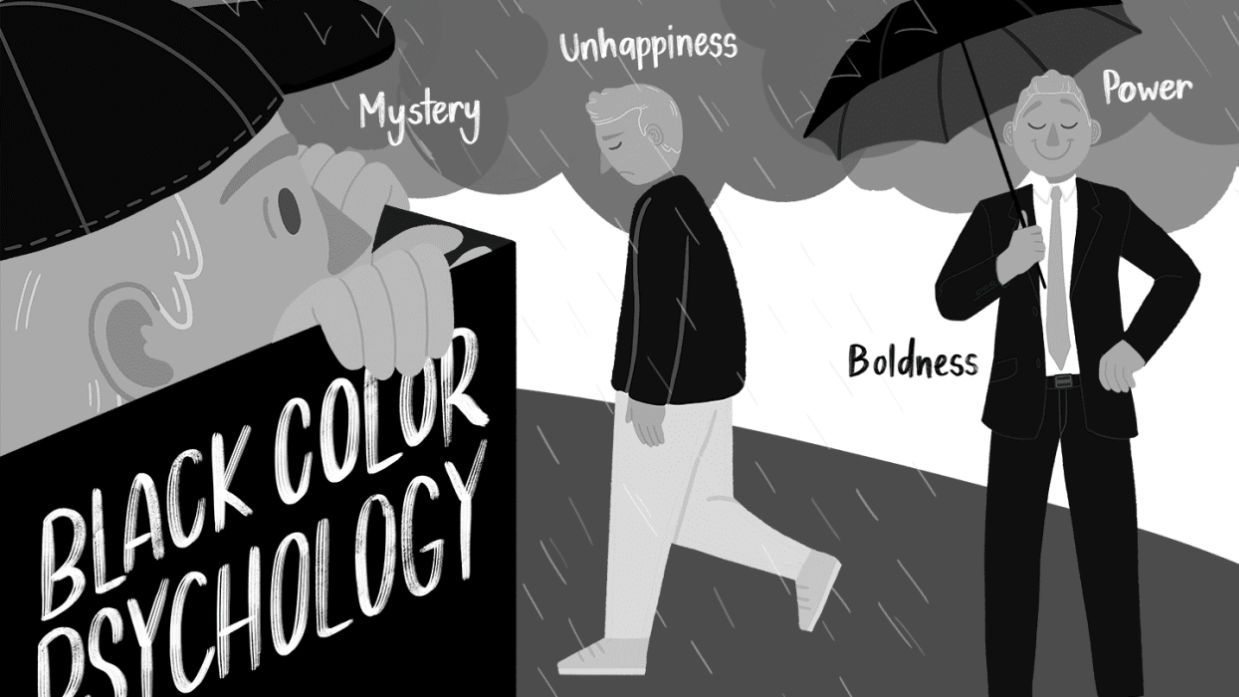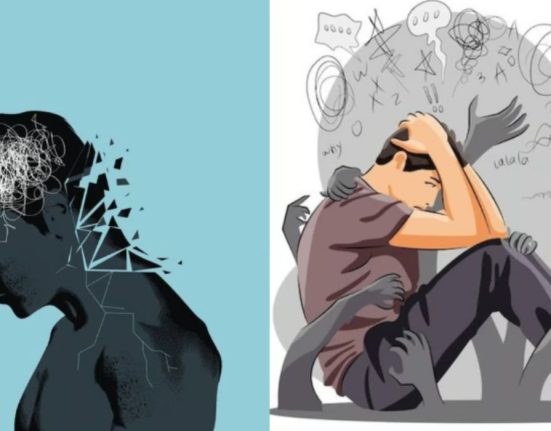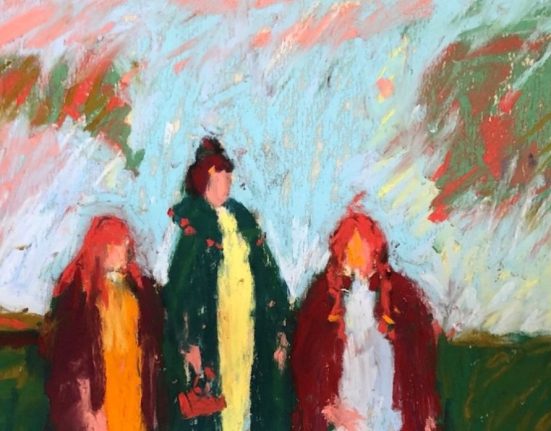When considering the chromatic spectrum, the colour black is not commonly included. Black was once not a colour. It’s something far more intriguing—it’s the absorption of all colours. In this blog post, we’ll delve into the fascinating world of black, exploring its psychological impact, cultural associations, and so on.
The Psychological Effect of Black
As it turns out, people’s reactions to the colour black can be incredibly diverse. While some of these responses are culturally rooted, individual experiences and preferences also play a significant role in shaping our perception of this enigmatic shade.
Positive Associations
The colour black isn’t just about darkness and mystery. In fact, it carries a wealth of positive connotations. Black is commonly linked to attributes such as authority, elegance, formality, intelligence, power, prestige, and sophistication, hence emanating a sense of strength and refinement. This is the reason why it is a preferred option for prestigious brands such as Tiffany & Co. and Chanel, effectively conveying a strong impression of sophistication and opulence.
Negative Associations

But, just as black is associated with sophistication, it has also been linked to all things negative throughout history. From death and evil to anger, aggression, fear, and sadness, black has its dark side. The English language even reflects this association with expressions like Black Monday, Black Plague, and Black magic. In popular culture, black often serves as the colour of choice for villains, from Dracula to Darth Vader.
Cultural Aspect

The perception of black can vary greatly from one culture to another. While in many Western traditions, black is associated with mourning and death, in China, it’s the colour white that symbolises death. This stark difference highlights how the meaning of colours can be deeply rooted in cultural beliefs and practices.
Racial Attitudes
It’s crucial to acknowledge that colour associations in language can be linked to racial attitudes, racism, bias, and colourism. In some cultures, terms like blacklist or black sheep carry connotations of negativity. Research has also shown that automatic associations between darker skin tones and criminal or immoral acts exist, perpetuating stereotypes and biases.
As previously examined, the colour black encompasses a multifaceted spectrum of emotions, connotations, and symbolism. While certain individuals regard it as the quintessence of sophistication and authority, others equate it with obscurity and pessimism. The comprehension of the psychological and cultural implications associated with the colour black serves as a poignant reminder of the intricate dynamics that exist between colour and human cognition. When encountering the allure of the colour black, it is worth contemplating its personal significance and the potential influence it may have on one’s emotions and reactions.
References

Also Read: The Bystander Effect: When Several Witnesses Lead to Few Heroes









Leave feedback about this